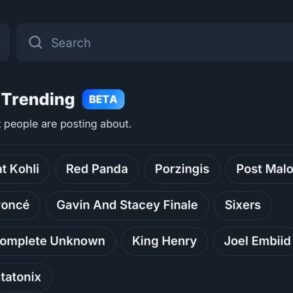
TRENTON, NJ – In an effort to combat the increasing rate of eating disorders among children, a new bill has been introduced that seeks to regulate the content and features on social media platforms that could potentially influence eating disorders in child users.
Under this bill, social media platforms are prohibited from utilizing any design, algorithm, or feature that knowingly or through neglect could lead children to develop eating disorders, including the promotion of diet products. To avoid violations, platforms must engage in rigorous self-auditing and independent reviews to ensure that their content does not contribute to eating disorders.
Key measures include mandatory quarterly internal audits and annual independent audits to assess and rectify any harmful practices. Platforms that fail to comply or are found contributing to the development of eating disorders through their features will face substantial penalties, with fines up to $250,000 per violation.
Exemptions are provided for smaller platforms generating less than $100 million in gross annual revenue, and primary gaming platforms are also excluded from these regulations. Additionally, the bill outlines specific conditions under which platforms are not held liable, such as user-generated content unless it is financially supported by the platform.
The bill defines eating disorders broadly, encompassing conditions like anorexia nervosa, bulimia nervosa, binge eating disorder, and avoidant restrictive food intake disorder, highlighting the serious nature of these illnesses.
This legislative move represents a significant step towards safeguarding young users from the potentially harmful effects of targeted content on social media, aligning public health concerns with digital consumer protections.





